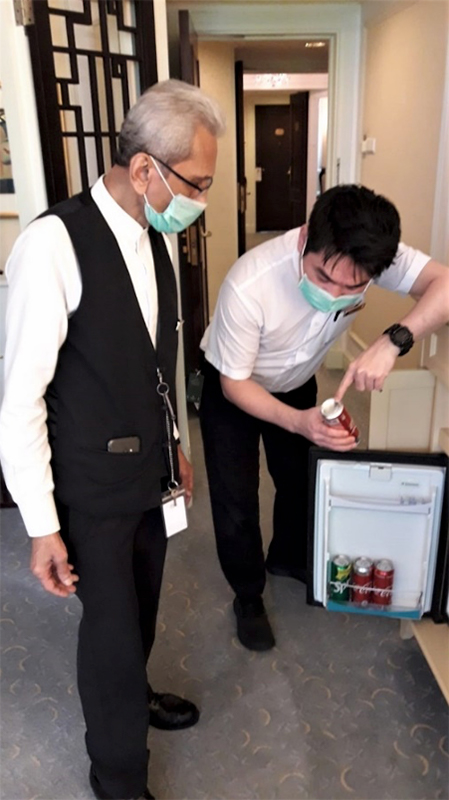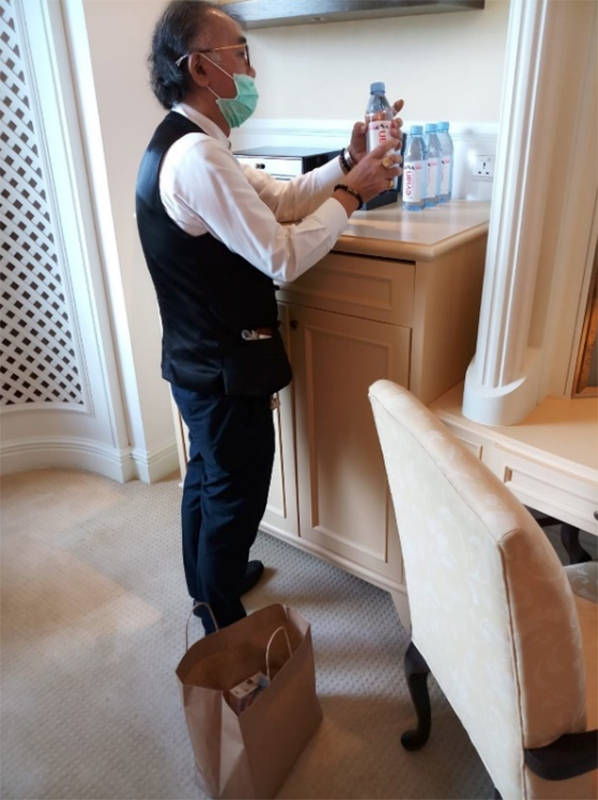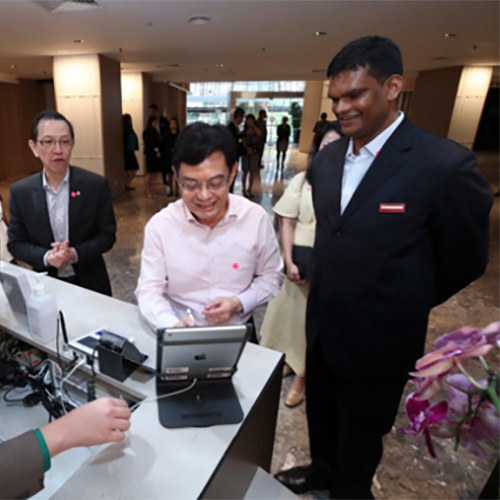Employees appreciate the learning opportunities and expansion of their responsibilities that came with Job Redesign. Let us hear from them their learning journey to be cross-trained in new roles within the hotel that faced manpower shortage. As they embrace the learning opportunities and expansion of their responsibilities, the hotel will see improved employee productivity and increased staff morale.
The roles to be redesigned were identified through observations by the senior management and discussions with the function heads involved. A list of challenges was also drawn out from the hotel’s guest feedback platform to determine the root causes of complaints that might be addressed via job enlargement and reduction of repetitive tasks undertaken by different staff.
For example, prior to job redesign, the Shangri-La Hotel Amenity Center team oversees the handling of all guest room welcome and turndown amenities, such as fruits, wine and chocolates, while F&B team oversee the in-room minibar by stocking it with F&B treats. Essentially, this meant that double the manpower was required to do a similar task in the same area. Hence, the two teams were identified to be integrated to handle both the amenities and in-room minibar.
In line with the integration of the two teams, two existing roles i.e. Service Associate – Housekeeping (Amenity Center) and Service Associate – F&B (Captain) were merged to form a new role, Service Associate - Guest Amenity Services. The employees involved were cross-trained in minibar operations and amenity services. Not only did the employees learn new tasks that increased their employability, the hotel also reduced the overall headcount required to staff the team.
Sha Jahan, Asnawi bin Monel and Ong Teck Lock used to be Service Associates – Housekeeping (Amenity Center). Following the job redesign training, they took on the role of Service Associates – Guest Amenity Services. Let us find out what they thought of the job redesign process.
Interviews have been edited for clarity.
1. What were your first thoughts upon learning about Job Redesign (JR) and why do you think it is important?
Sha Jahan: It is good to learn something new and different from our existing roles and be exposed to a new environment. It is beneficial for the hotel to have employees who are well-equipped and multi-skilled to handle two different tasks, as this would help increase productivity and most importantly, improve employee development that allows us to learn new things.
Asnawi: It is my privilege to be a part of this training as I had the opportunity to learn more things. Learning means knowledge and that is something that no one can ever take away from you. The first thing I thought when I was selected was that not only would I be able to help out in another department, the other department will also be trained and able to help mine when we get busier.

In Picture: Asnawi from Shangri-La Hotel ensuring that the Minibar stocks are kept tidy.
2. Was there anything about the transition/learning process which was particularly memorable/enjoyable/useful for you?
Asnawi: I am glad that we now have a bigger responsibility. Together, we can now achieve more as a team. We are also able to monitor and plan our work closely and avoid double-work such as having two different departments making multiple trips to serve the same guest room. I can now do both tasks in one room while my colleagues can do the same in another room.
Sha Jahan: It is an enjoyable experience overall as I have always enjoyed learning throughout my career. It is beneficial for me as I learnt to do a totally different job from what I used to do, although the tasks can be similar. I particularly enjoyed learning inventory count and stocktaking.

In Picture: Sha Jahan (left) from Shangri-La Hotel being guided by his trainer on how to check the expiry dates of beverages.
3. How different are your new roles and responsibilities, and did you face any challenges while adapting to them / during the transition period?
Asnawi: The main challenge I faced is that I am not fully well-versed yet with the minibar items, inventory management and stock ordering. Having said that, I believe that my knowledge on these things will improve over time and with experience.
Teck Lock: My new role is not very different from my previous role in the sense that my work still takes place in guest rooms. The main difference now is that apart from just setting up the welcome amenities, I will also check and top up the minibar items accordingly. Hence, it is not too difficult adapting to the training.
4. Was job redesign useful to you? In what way?
Sha Jahan: My colleagues and I benefited from learning from another department and vice versa, as job redesign has enabled us to help one another at work. If the Amenity Center is busy, then our team in charge of the minibar will be able to help and the same goes the other way round.
Asnawi: It is useful to me as well as the hotel because employees like myself have become more knowledgeable and multi-skilled to perform additional tasks. With that, there is no need for the hotel to recruit and train new employees to fill up the manpower gap as we are now able to perform both roles. In a way, upskilling is also a good way to protect our jobs, especially in times of a global pandemic like now.
5. Share with us some new skills that you have picked up and how are you applying them in your redesigned role.
Asnawi: I have learnt how to check and manage inventory of the minibar items. If need be, I am also trained to order stocks from suppliers directly. Additionally, I now know how to keep track of expiring items in more than 700 rooms.
Teck Lock: I have learnt how to check product expiration, manage inventory records and understand how the items consumed by guests are being charged. With this knowledge, I am now able to do multiple tasks in a single guest room.

In Picture: Teng Lock from Shangri-La Hotel refilling beverages in a guest room, making sure that bottle labels are always facing the guest.
6. What advice would you give to fellow colleagues in the hotel sector who are undergoing the Job Redesign training as well?
Asnawi: My advice would be to never stop learning. Don’t look at it from an angle of the company giving you more work. Instead, view it from the angle that the company is helping you to improve and become a more valuable asset to the company.
Teck Lock: My advice to colleagues undergoing the job redesign training is that it will be a benefit to them. With the extra knowledge and skills learnt, one can now be a useful manpower resource and inadvertently reduce our own workload eventually.


.png)

